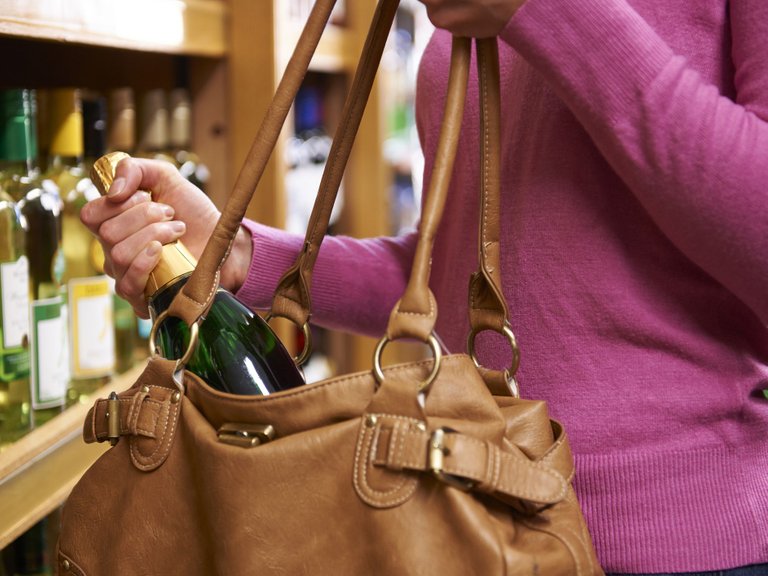If you think that someone may have a problem of pilferage or theft in your neighborhood, you might want to consider looking into the term Kleptomania. Kleptomania refers to a type of obsessive-compulsive disorder in which an individual hoards possessions of other people. People with this condition are said to do so because of either psychological reasons or because of financial reasons. The actual numbers run into the hundreds of thousands worldwide. But is there really a way to treat this affliction?

It is important to note that kleptomania can be distinguished from other forms of obsessive-compulsive disorders (OCD) by the lack of necessity for victims to feel overwhelming negative urges to steal. For instance, people with OCD are required to constantly feel their overwhelming urges to pick up things, but those with kleptomania do not have to put up with strong urges to steal from others. People with kleptomania actually just have strong urges to steal things, but due to their inability to control these urges, they end up having to steal in order to satisfy their "emotional" needs. Thus, rather than being an addiction, this disorder is actually considered as "an emotional disorder" since the victim's inability to control his/her excessive emotions often prevents them from being able to refrain from engaging in the harmful actions.
As described above, the causes of kleptomania are both psychological and financial. The former happens when a person develops an excessive self-esteem due to accomplishments and successes, leading to the feeling that they are worthy of more things than they are currently earning. When these feelings become too much, it leads to stress, tension, and anger. These symptoms then manifest as behaviors like over-eating, gambling, spending money without being able to afford it, and even theft.
The most common symptom of this disorder is the desire to steal. This disorder can be manifested in many ways. Some people who have developed kleptomania have a compulsion to buy items on credit that they believe will increase in value in the future. Others may engage in petty theft so that they can buy the things that they think they need, but then spend the rest of the cash that they amassed on other things. While it is true that legal consequences for kleptomania can include jail time, rehabilitation, fines, and probation, these penalties are typically only levied against those who have a clear criminal history and a history of stealing.
If you feel that you are experiencing any of the symptoms of kleptomania, you should seek help immediately. You should discuss your situation with a mental health professional. A doctor can perform a thorough evaluation to determine whether or not you are suffering from a true case of kleptomania. If the doctor rules out the possibility that you have this condition, then you can start seeking treatment. In many cases of kleptomania, patients receive treatment both to help them control the urges that lead to stealing and to help alleviate some of the physical symptoms of the disorder.
People who are diagnosed with this condition are usually placed on antipsychotic medications or sedatives to help alleviate some of the symptoms associated with kleptomania. Many patients also receive cognitive behavioral therapy, which teaches patients to recognize their own impulse responses and how to control them. This can be very helpful, as some patients will develop symptoms because they become tense or depressed when they consider the possibility that they might steal an item that is not immediately necessary. However, medications often only treat the symptoms of this condition, and do little to address the core issue of this disorder. If you are suffering from kleptomania and think you might be tempted to steal due to tension, try searching for some alternative therapies or medications first.
Because eating disorders are classified as mental health disorders, treatment for them often requires the assistance of a psychiatrist or psychologist. You should never try to self-medicate and make treatment more difficult for yourself. Your health is best served by working with a mental health professional if you feel you have symptoms of kleptomania. It may take several treatments before your disorder is treated. But in the meantime, there are things you can do to reduce the severity of the symptoms.
Although treatment for kleptomania varies depending on the severity of the disorder, it is important to remember that you do have options. It is possible to live a normal, productive life even if you engage in theft. Even if your urges to steal are powerful, you do not have to engage in thievery in order to control your compulsions. In fact, if your family and friends understand what you are going through and they help you to deal with your condition, you will be able to control your urges to steal.
References